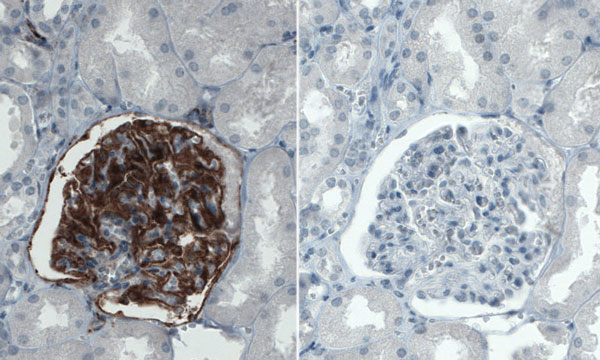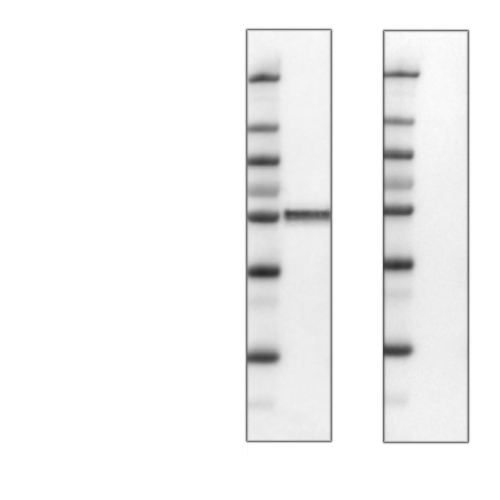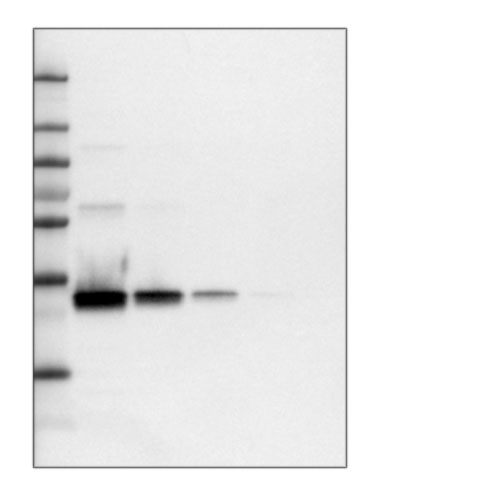PrEST Antigens - recombinant protein fragments to use as control antigens
PrEST Antigen™ are recombinant protein fragments used as immunogens to generate Triple A Polyclonals™ and PrecisA Monoclonals™. The PrEST Antigens are useful as control antigens, for example as blocking agents and positive assay controls together with the corresponding antibody.
Protein Epitope Signature Tags (PrESTs)
Our primary antibodies are derived from recombinant human Protein Epitope Signature Tags (PrESTs). These protein fragments consist of 50-150 amino acids and are designed to have as low sequence identity as possible to other human proteins.
The PrEST antigens are used for immunization to produce our Triple A Polyclonals and PrecisA Monoclonals. The resulting antibodies are affinity-purified against the corresponding PrEST Antigens in a three-step procedure to remove the tag-specific antibodies and catch the PrEST-specific antibodies. We provide the PrEST Antigens as complements to our antibodies for control experiments.
Pre-adsorption Assays for IHC

One of the applications for PrEST Antigen is pre-adsorption assays in immunohistochemistry (IHC). The example on the picture shows the IHC staining of the human kidney using the Anti-PLA2R1 (AMAb90772) monoclonal antibody without (left) and with (right) pre-adsorption with the correspondent PLA2R1 PrEST Antigen (APrEST72110).
Pre-adsorption Assays for Western Blot

PrEST Antigens are useful for pre-adsorption of the antibody in Western blot. The image shows Western blotting using the Anti-ALDH1A2 (HPA010022) polyclonal antibody in human liver lysate, without (left) and with (right) pre-adsorption with the ALDH1A2 PrEST Antigen (APrEST71490).
Positive Controls in Western Blot

PrEST Antigens can be used as positive controls in Western blot assays. This is exemplified in the image, showing the Anti-AQP4 (HPA014784) antibody in Western Blot using amounts of AQP4 PrEST Antigen (APrEST73067) as loading control ranging from 0.5 to 50 nanograms (right to the left).
